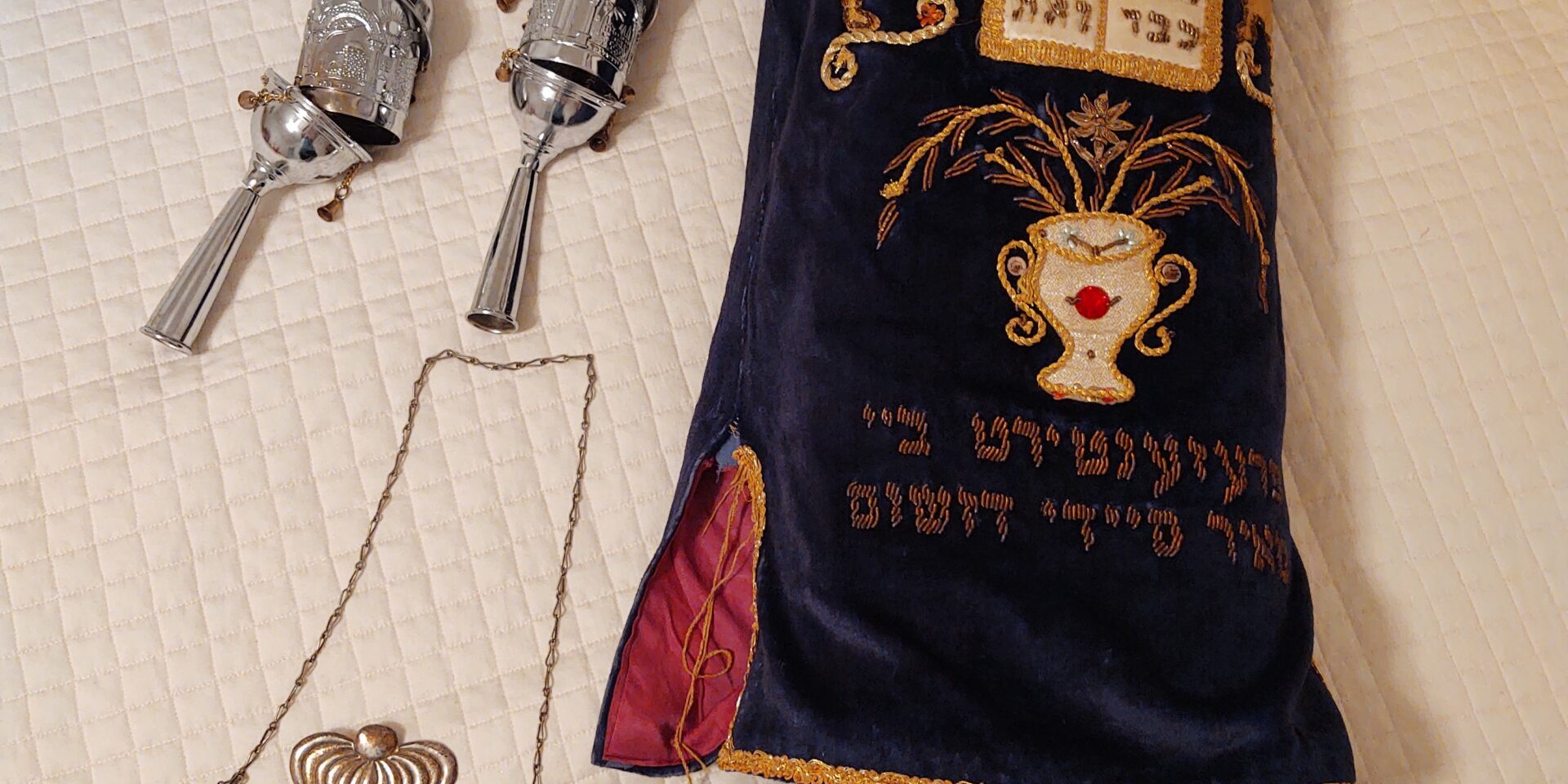Torah: Shofitm (Deuteronomy 16:18-21:9) Haftarah: (Isaiah 51:12-52:12)
The Haftarah will be the fourth of the Haftarot of Consolation. Israel shall be redeemed.
Rosh HaShanah LeBehemot: When the Jewish month of Elul started on a Sabbath in ancient times, the Israelites gave honor to their domestic animals.
The month of Elul starts the blowing of the shofar to awaken the Jewish people that the High Holy Days are approaching.
This Sabbath the Torah continues with the subject of governing. Moses appoints Shoftim/Judges. These judges need two witnesses to give testimony along with other rules to solve the cases before them. So, the government will have a Judiciary system, the king, the Priests and the Levites. Three separate groups to govern the Jewish people.
The Torah portion contains information about dealing with false prophets, criminal law, laws on warfare and laws pertaining to unsolved murders. In Judaism all share in society’s guilt. Deuteronomy (21:7) states, “Our hands have not shed this blood.” This passage is dealing with the biblical rite of expiation for an unsolved murder. The elders of the city nearest the murder of the cooperate in the ritual cleansing of the red heifer, and they recite these words declaring their innocence. One scholar, Malbim explains the intent: ”The townspeople publicly proclaim that they were not directly responsible for the murder. That is to say, they did not withhold food from the murderer, so he was not driven by hunger to the slaying. And they offered the victim an escort, so that he would not go unprotected into a place of danger.”
Deuteronomy (16:11) also has the verse,which states, “Justice, Justice, You Shall Pursue.” Many of the laws in many diverse countries follow Judaic laws. These laws in other countries may be of a different interpretation. Even the United States of America has many Judaic laws that they follow. What one reads in this Torah portion of Shoftim is the ways to judge, how to interpret, how to solve a myriad of crimes and issues, and have JUSTICE! One can not sit idle and not help or bear witness to give their testimonies if they saw injustice. All parties of a case, and witnesses, and the judge and jury make the ruling. If the king, I will use King Solomon as an example. King Solomon judged many cases, however one of his famous rulings was about two women fighting over the child they claim is theirs. When King Solomon heard all the witnesses, he rendered his decision to cut the child in half giving each woman half. One woman stated that is fair, while the other screamed let the other woman have the child. King Solomon gave the child to the true mother.
Today, we live in a world of instant judgment, whether the media or local individuals cry out to sway the verdict. Today, a person is innocent until proven guilty, while in other countries you are guilty first and then have to prove your innocence. We are blessed to live in this country where an individual can receive a consul even if that person has no money. Everyone should strive to pursue the truth. In Hebrew Truth is EMET. Aleph, mem and tav. Aleph is the first letter of the AlephBet, mem is the middle letter, and tav is the last. Maybe you figured out the meaning of EMET… Somewhere in the middle is the Truth.
Shabbat Shalom,
Rabbi Helene Ainbinder







